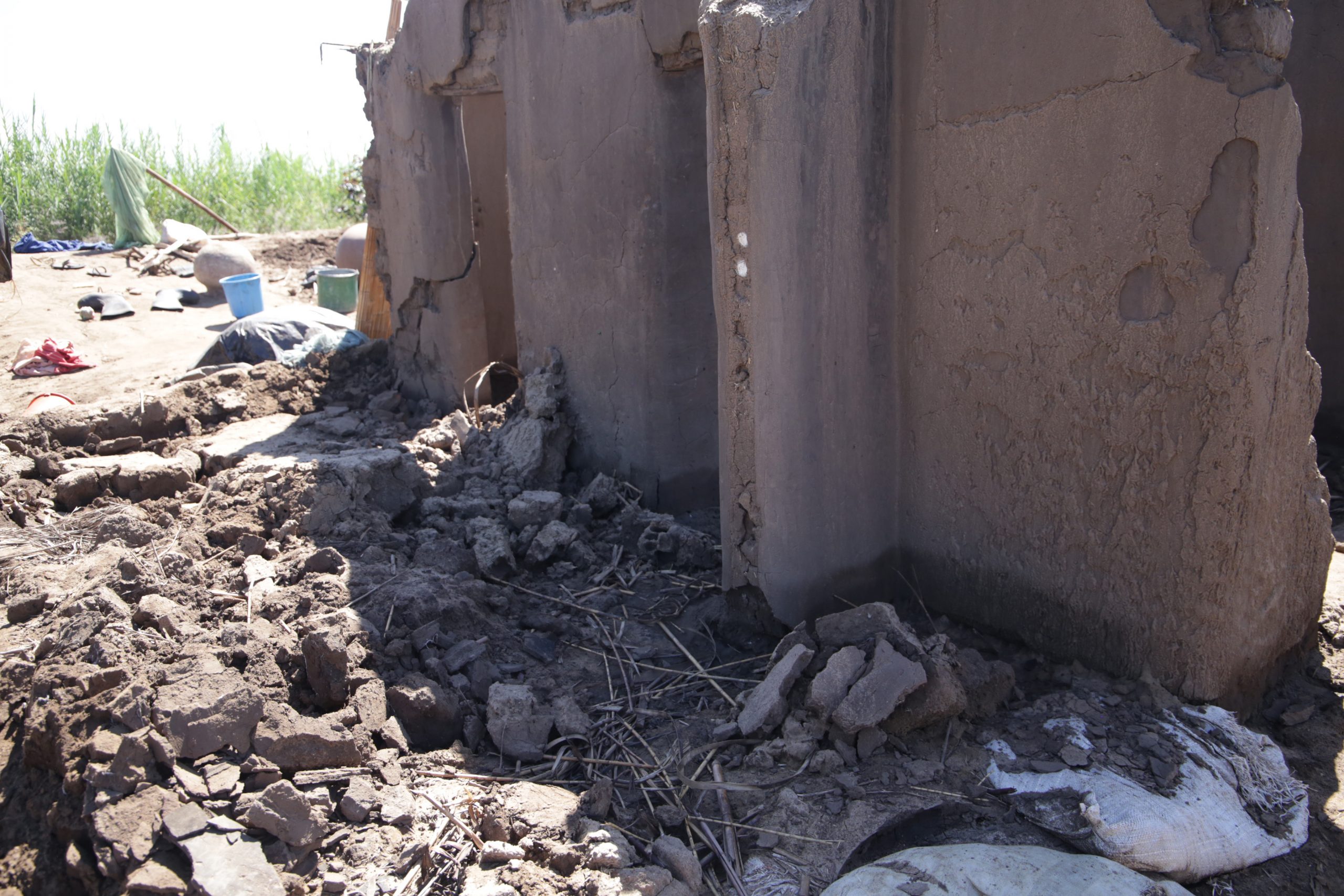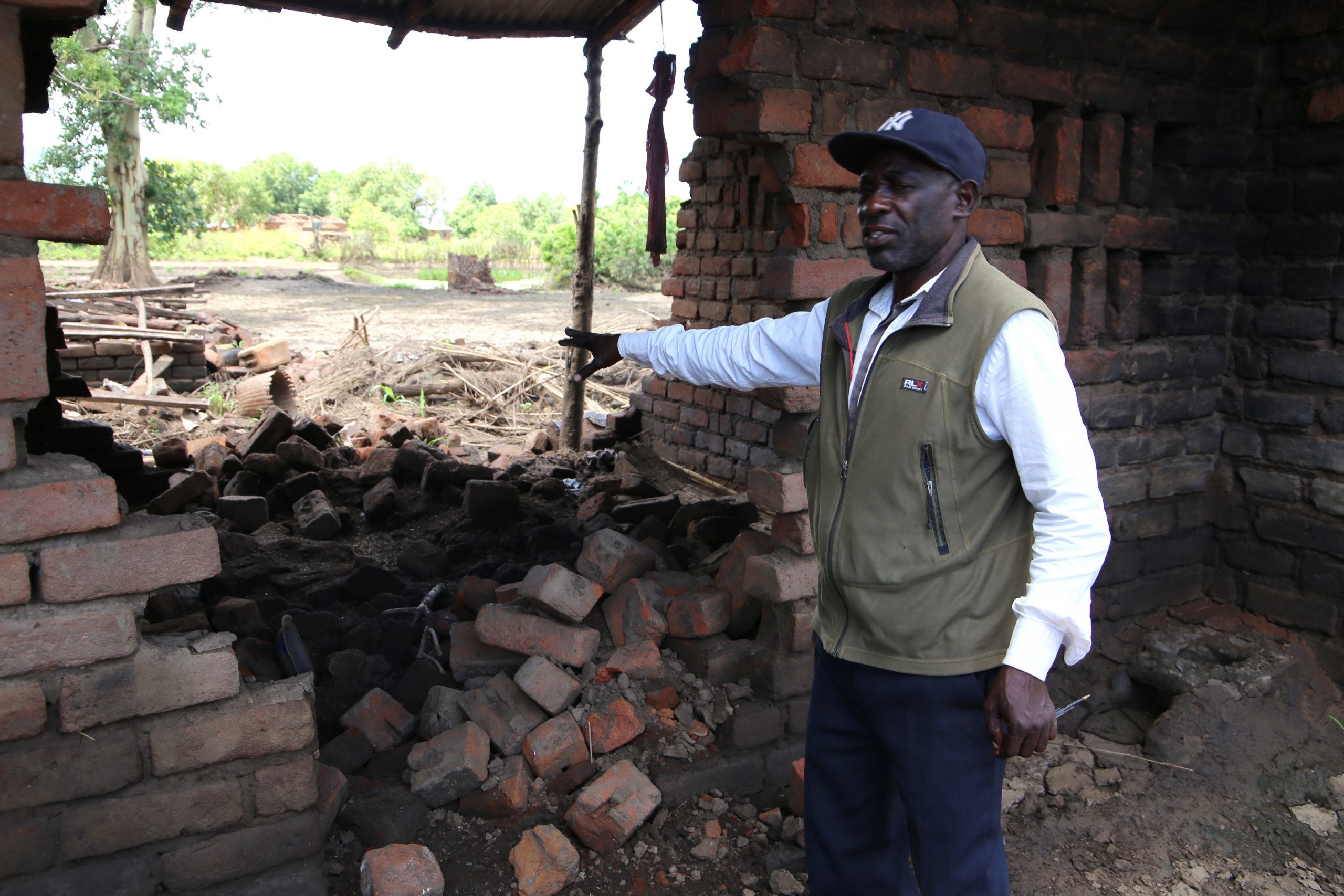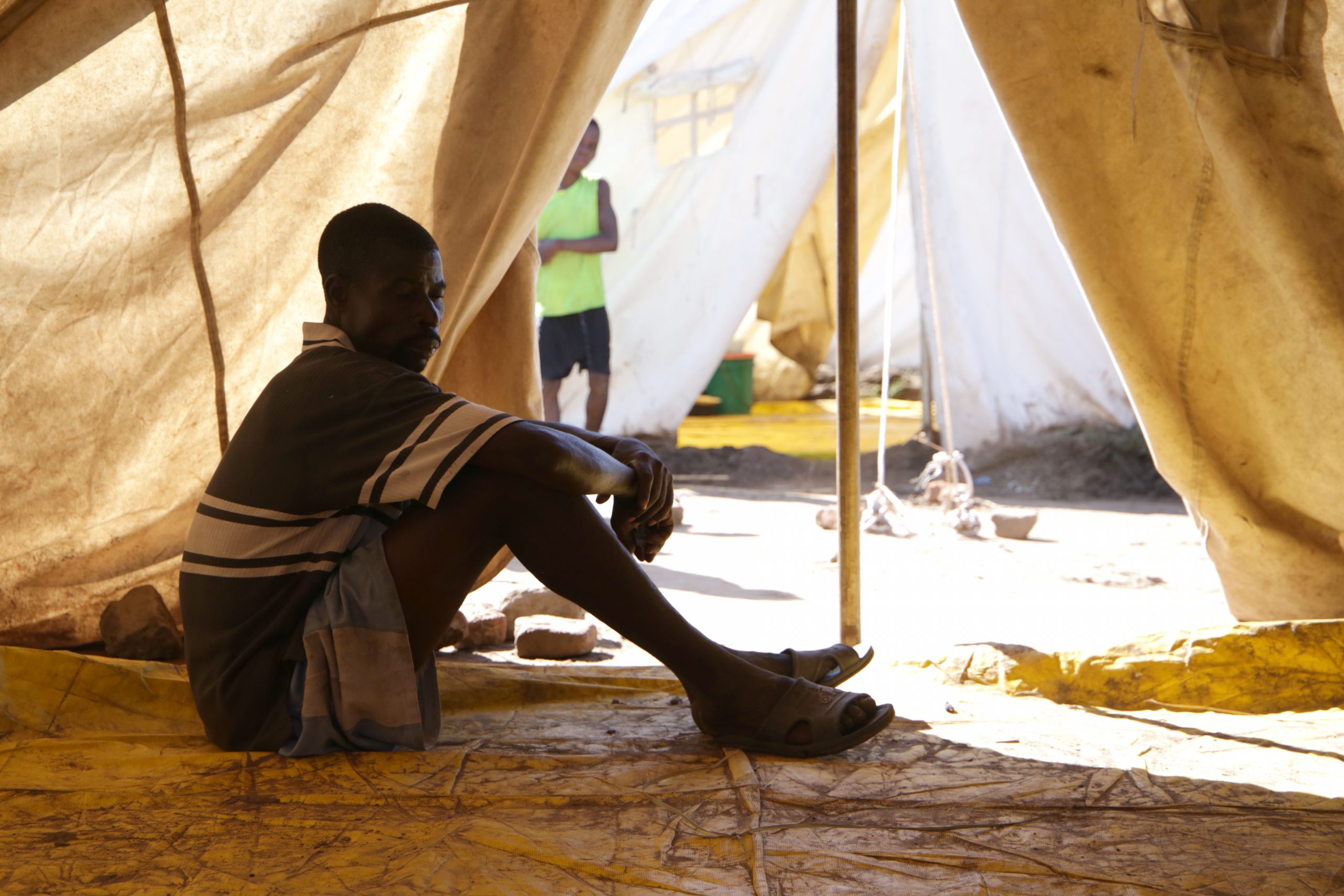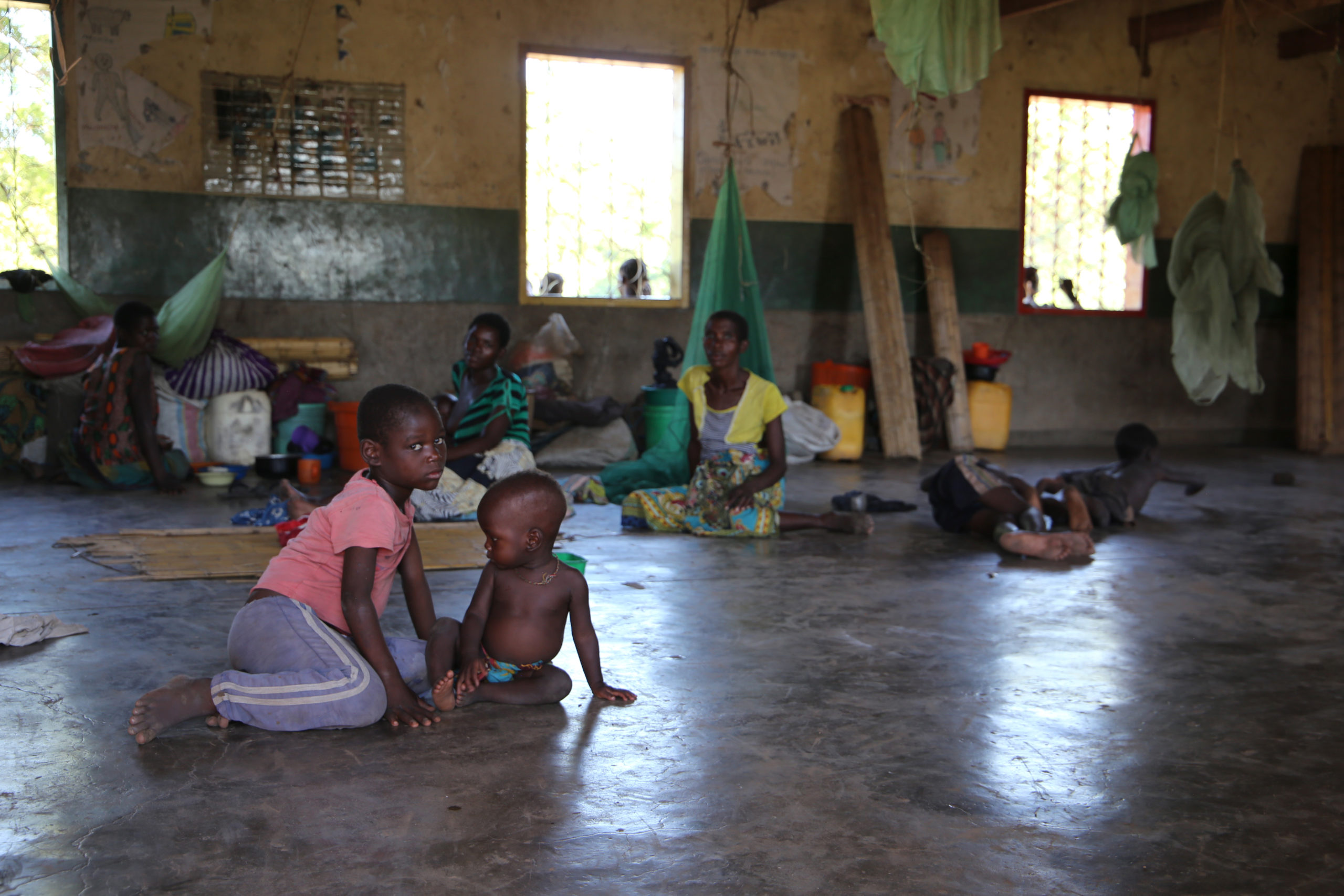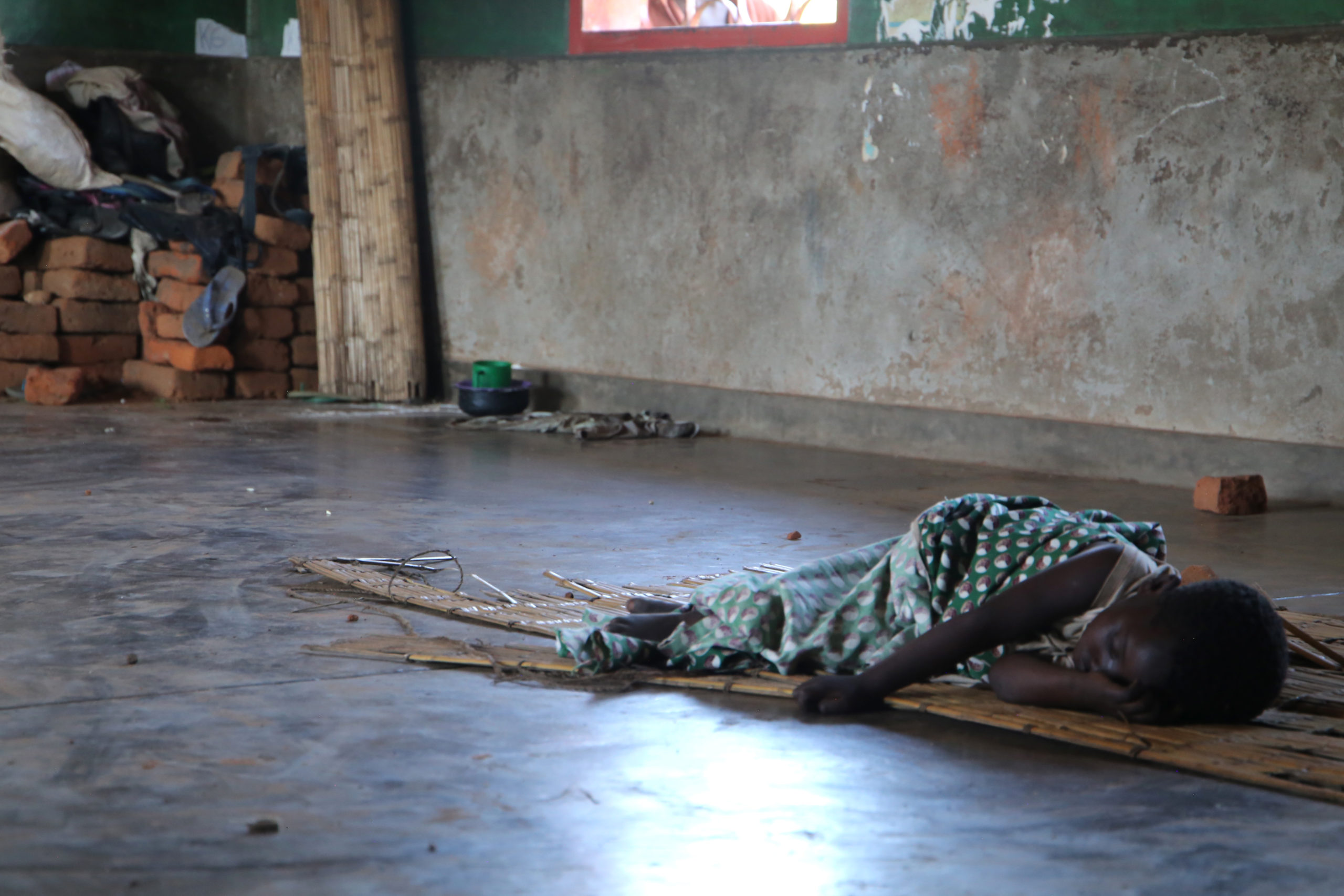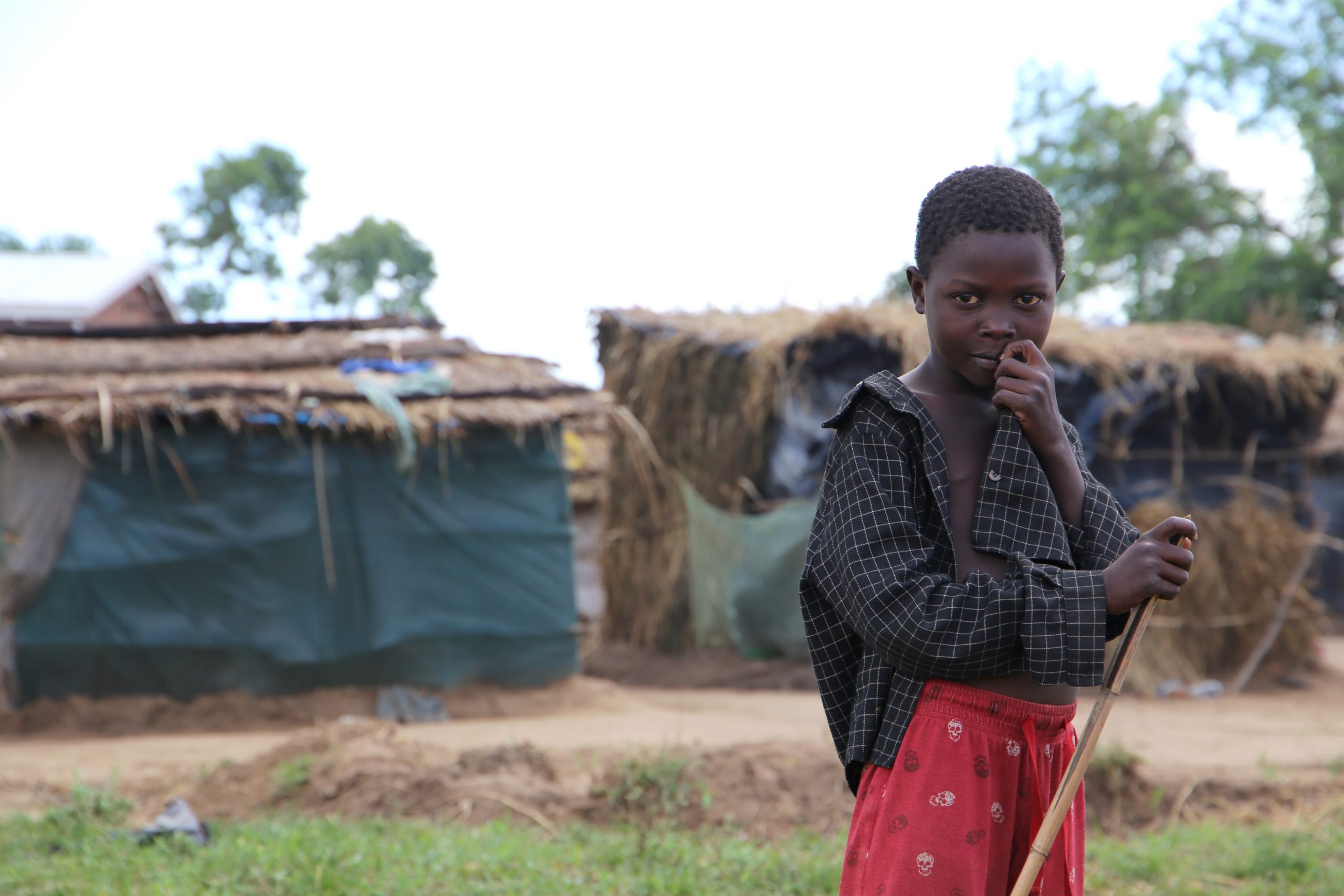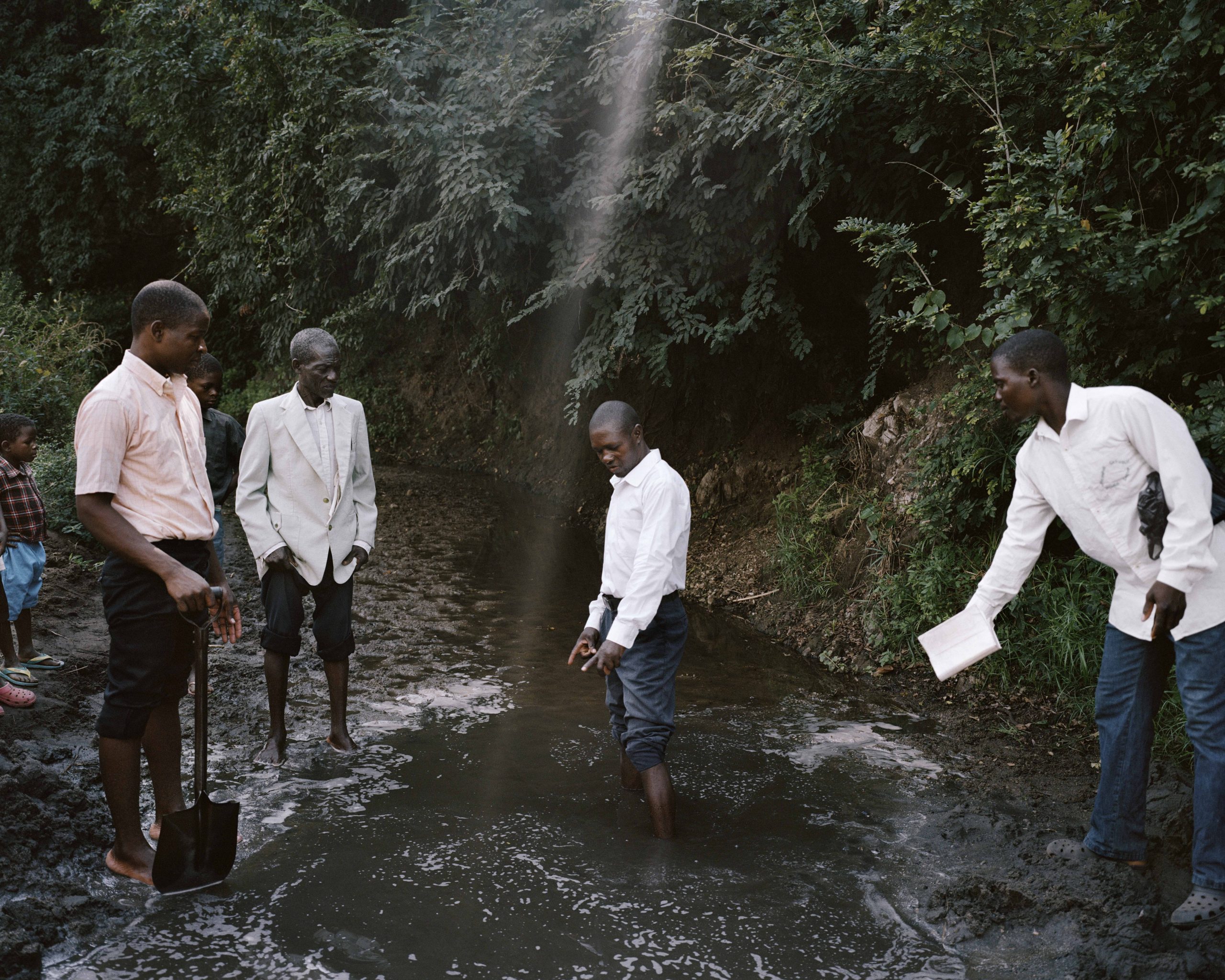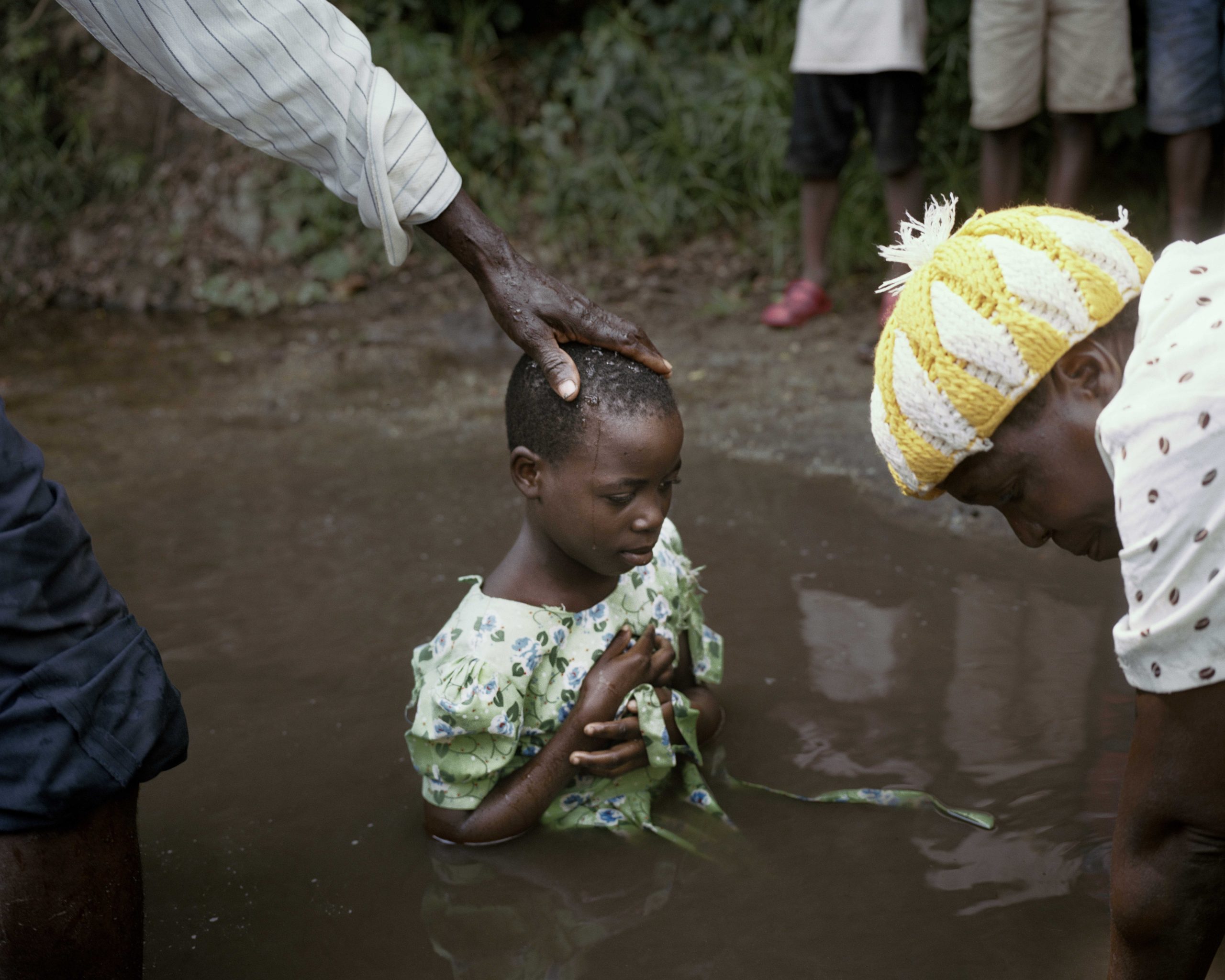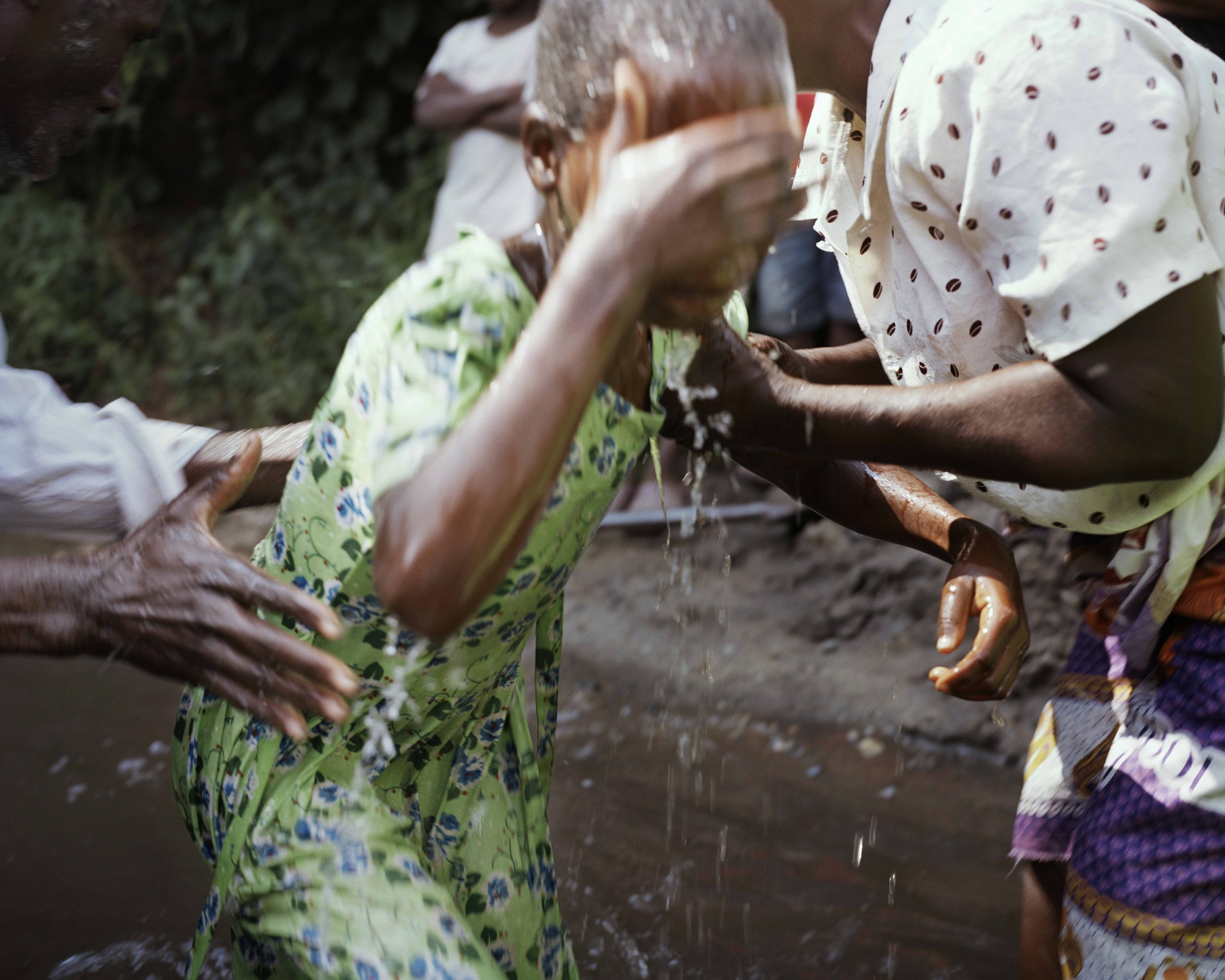March 14th, 2019. 5pm. Rain begins to fall, heavy rains. Strong winds begin blowing, and water levels start to rise. Flash floods and rushing waters charge through villages. It is the start of one of the worst weather related disasters in Africa.
surviving disaster
“People in the village came to use my house to find higher ground. Then we realized water had risen and entered the house”.
The rushing waters were knocking on doors, houses were submerged, and water levels were rising above head height. Cyclone Idai was on their doorstep.
Stephano and Mary were at home with their children when the rains and flooding began to hit Malawi. “The flood that caused houses to fall started at 11pm”.
Flash floods ripped through some villages so fast that families had no time to grab their belongings, the rushing waters took everything they owned. The speed that waters encroached on numerous villages still sticks in people’s minds. The water was so fast that even a person could have been taken away.
“We were carrying the kids and putting them in trees…when we saw there was more water coming, we would take them to a higher tree.”
Families spoke of their terrified rush to escape, parents carrying children on their shoulders, the fear they felt as the waters continue to rise, the ever present worry that they would not make it.
Stephano and Mary, like many others in surrounding villages, lost their home, their livestock, and their livelihood when Cyclone Idai struck.
LIFE AFTER IDAI
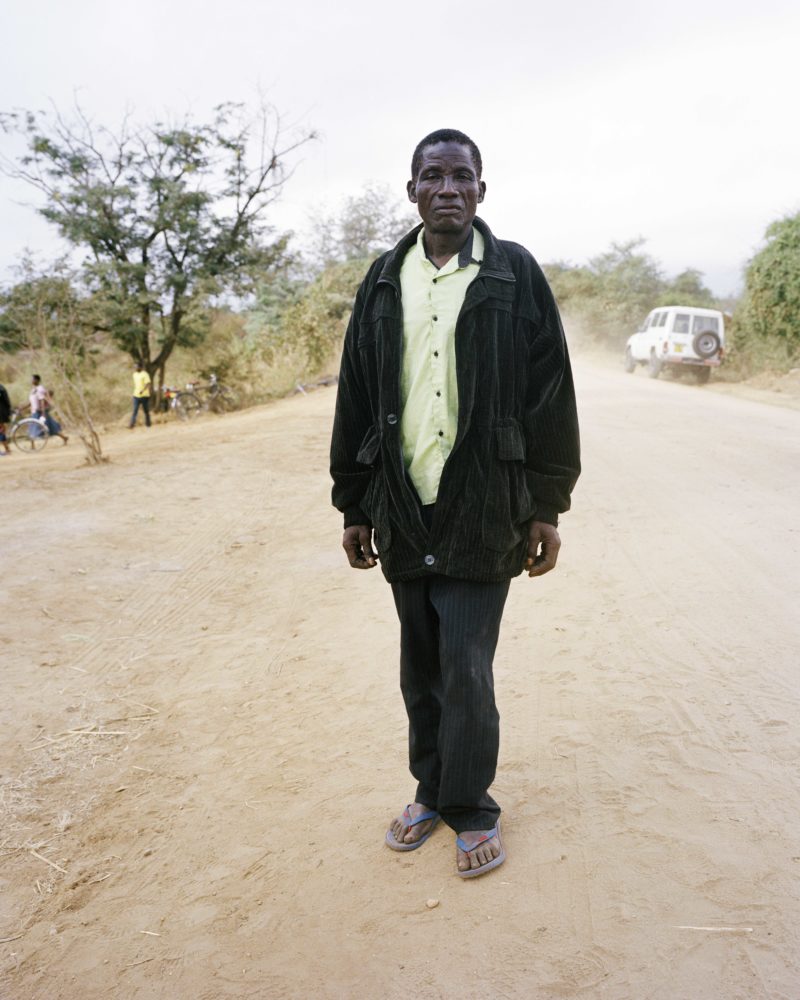
Flood water and rains had rendered homes into piles of mud covered brick. Former homes had lost roofs, walls were falling down, collapsing into sodden red-brown mud. The only sound was the distant river and a gentle breeze in the trees, and deserted villages were left with pools of stagnant water hosting ducks and chicks.
In one village, ShelterBox teams were met with the sad sight of harvest-ready crops decimated by rushing flood waters. Months of work reduced to broken husks of what would have fed a family, clearly showing the strength and direction of the passing water.
As teams moved to neighbouring villages they were greeted by the hubbub of children’s chatter and play. Life continued. However in collective centres – schools, churches, old factories – the rooms were crowded, and the energy subdued. They lacked privacy, and did not feel like home.
“Sleeping in a crowded environment was not respectful… we were concerned with where we were going to live” Mary told us of her stay.”
“When we moved from the flood to the factory, we were not doing any work, it was like we were dead… we were not thinking about the future because we were worried, what will we do? What will help us?… They were big problems”
– Stephano
Watch Stephano's Journey
The Path to Self-Recovery
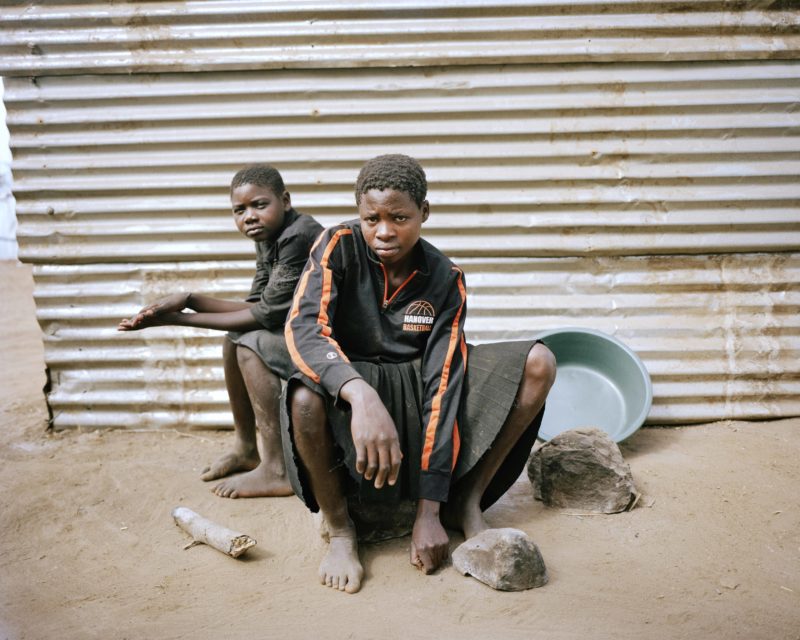
Some of us are receiving help but we are also working in order for things to get better. That’s why we work, because we are looking to the future.”
– Stephano
With tools and emergency shelter, communities in Malawi have been able to move from focusing on immediate problems – like where to sleep tonight – to planning for a better tomorrow.
Your support enabled 2,000 families in Malawi to start rebuilding their homes. With the tarps and tools they received from ShelterBox, the skills and determination of people like Stephano, and by coming together as a community, families are returning to everyday life.
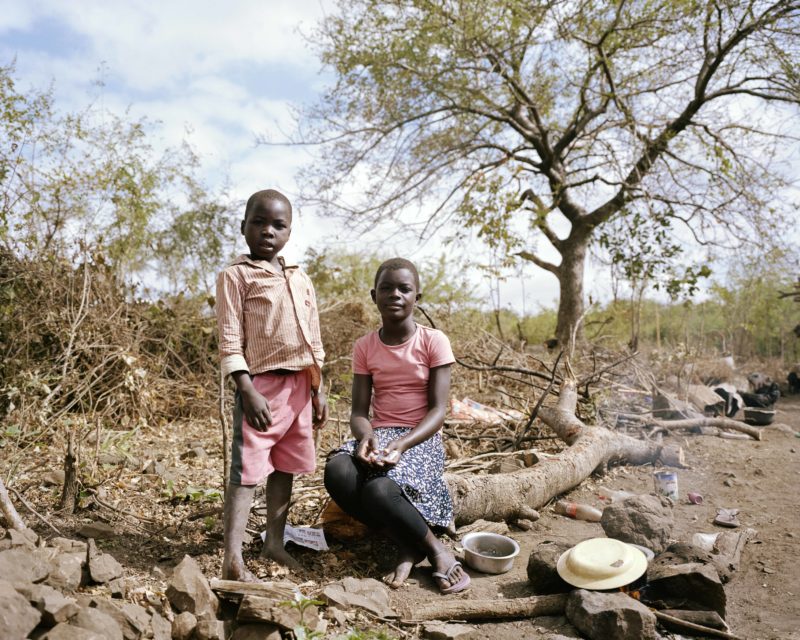
Discover how families use your support to rebuild their lives:
Creating a home
Rebuilding as a community
Returning to work
Donate
Creating a Home
My meaning of a home has changed now, this place is now home. But in its current state, it’s a home of hope.”
– Stephano
Home is a location, but it can be anywhere that family, friends, and community come together. It can be a place made of pieces like a spot to play, a light to read by, or a soft place to lay you head.
By moving out of the crowded temporary camps, families in Mwalija created a space they could call their own. A space that could be clear for farming, a space where daily routines such as cooking could resume. A place with a future.
ShelterBox supported families with tarpaulins and the necessary tools to build a new place to call home. A new place to be together, and recover together, in the privacy of their own home.
Rebuilding as a community
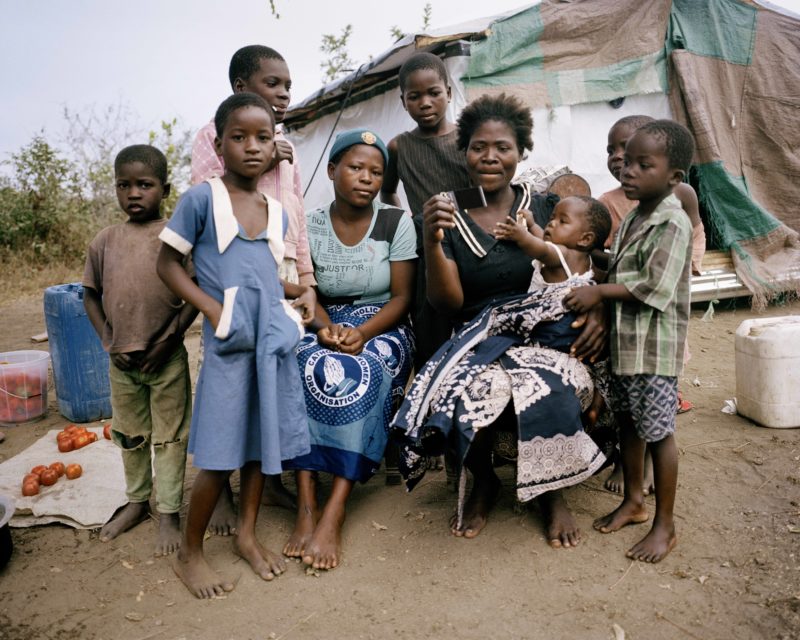
We were able to stay with each other without any problems because we were coming from the very same village. We were staying like one big family. No matter what problems we had, we would easily solve it as one big family, because of the spirit of the Chief”
– Serepia
In the months that followed Cyclone Idai, Mwalija came together as a community to rebuild.
Living with friends, family, and neighbours around you provides physical, material, and emotional support. Communities work together and help each other, they help people earn a living and build resilience. A strong community lifts the spirit of the people living in it.
Community, whether a village, group, or extended family, helps recovery in many ways.
In a short amount of time, after receiving ShelterBox aid, a new village, a new community, was quickly emerging. Shops began popping up to sell basic provisions, and an active and vibrant community emerged. And when a community member passed away, there was a big community event held in his honour.
Church is also an important characteristic of the community, and resuming religious activities was important to the community. On Sunday you can hear the sounds of singing fill the air as families make their way down the dusty trail from the church to the river to baptise new members. While ShelterBox teams were in Mwalija, 21 new people had been baptised together.
Returning to work and school
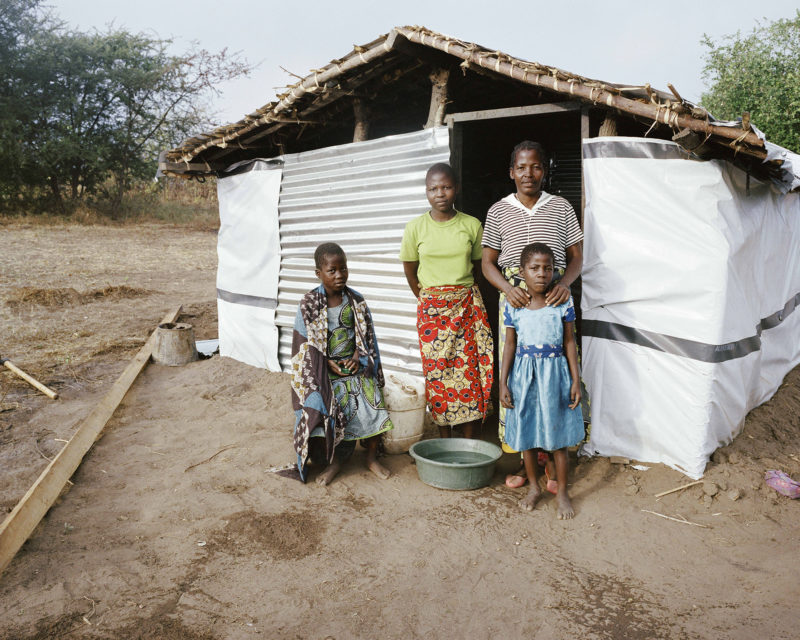
I have plans, my first plan is, what I have here is not my house forever…As I speake, next week I will be planting maize, onions, and tomatoes. So that those crops will help me raise money for the house. This is why we work, because we are looking to the future…If I was still at the campsite, those thoughts would not have come.”
– Stephano
By returning to work and starting to farm again, families in Mwalija can grow food, earn a living, and take back control of their lives after the disruption of Cyclone Idai.
Being able to earn a living creates independence and builds resilience. Getting back to farming the land shows that the people of Mwalija have an eye on the future.
Emergency shelter is deeply connected to livelihood. Your support provides tools and equipment needed to work the fields and support trades. Shelter can support communities to move back home or to a new site where that are better situated to tend to crops or keep livestock.
“As for now as the sun rises, one goes to the farm, one stays at the house, and kids go to school. Life is getting restored.” – Stephano
In addition to getting back to work, Stephano is getting ready to send his son to university. Children from his village rarely get the opportunity to further their education and Stephano is very proud that his son has this chance. The future is bright for his family.
Donate Now
By donating today, your support ensures families have the tools and shelter they need to rebuild their lives and recover from disaster.
Thank you for giving families a place to call home.


